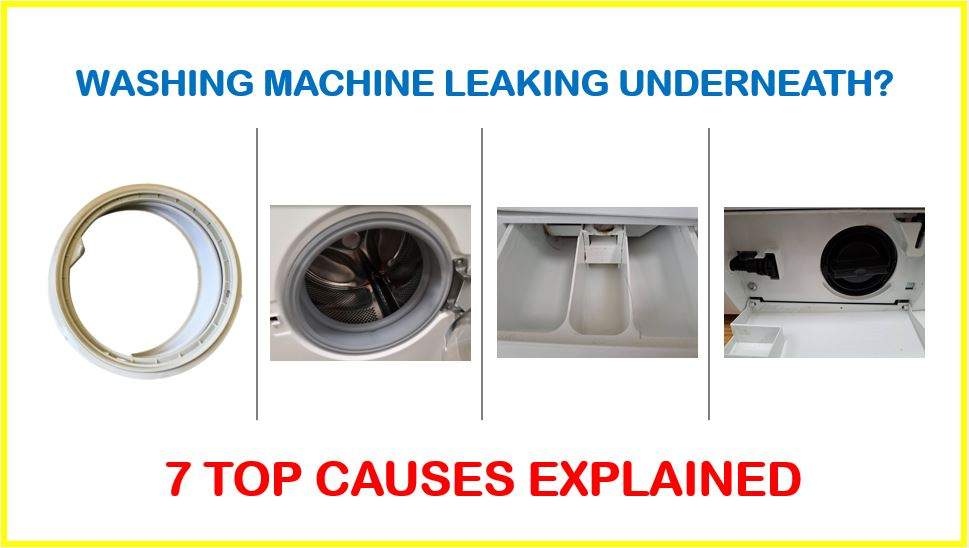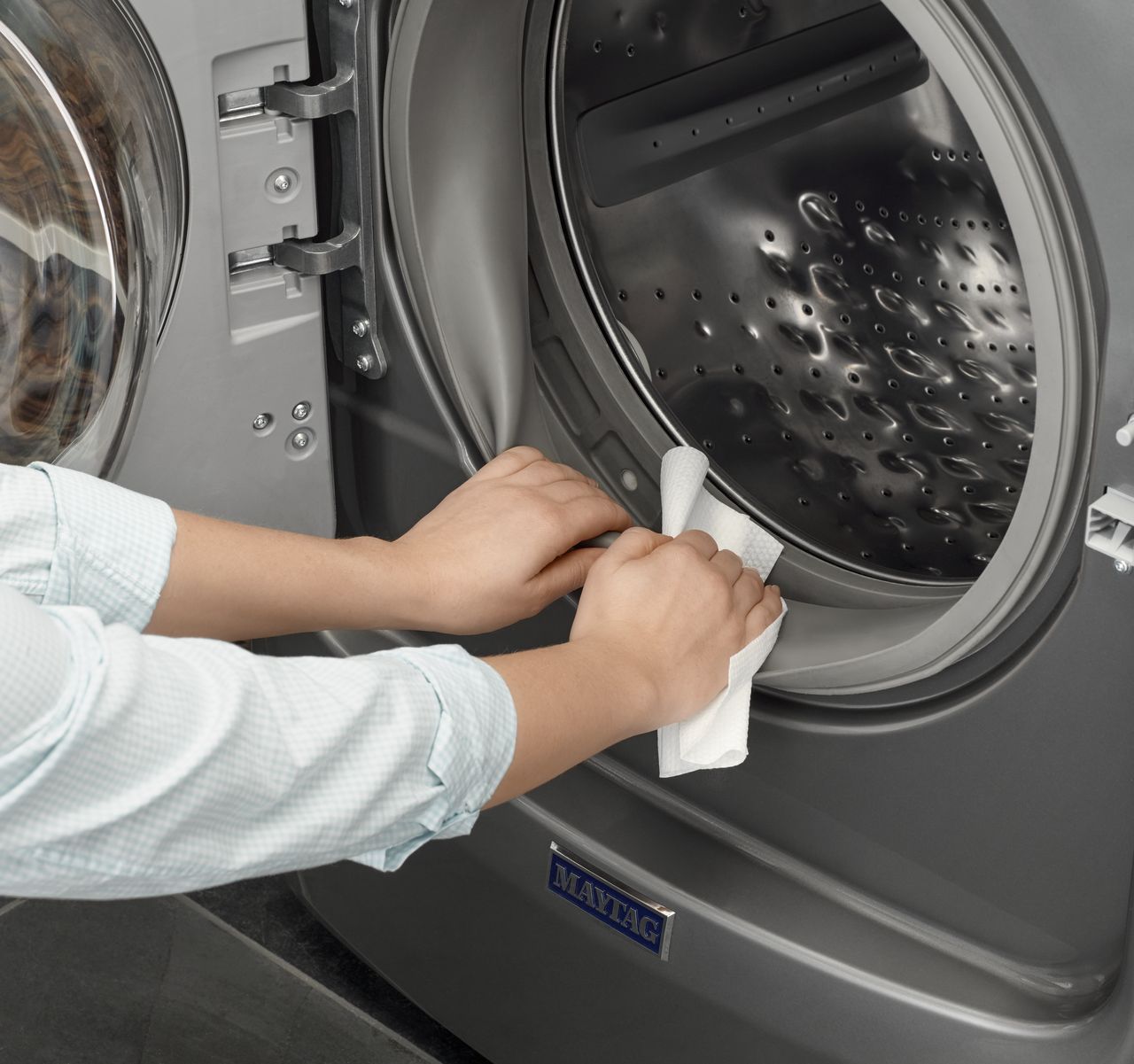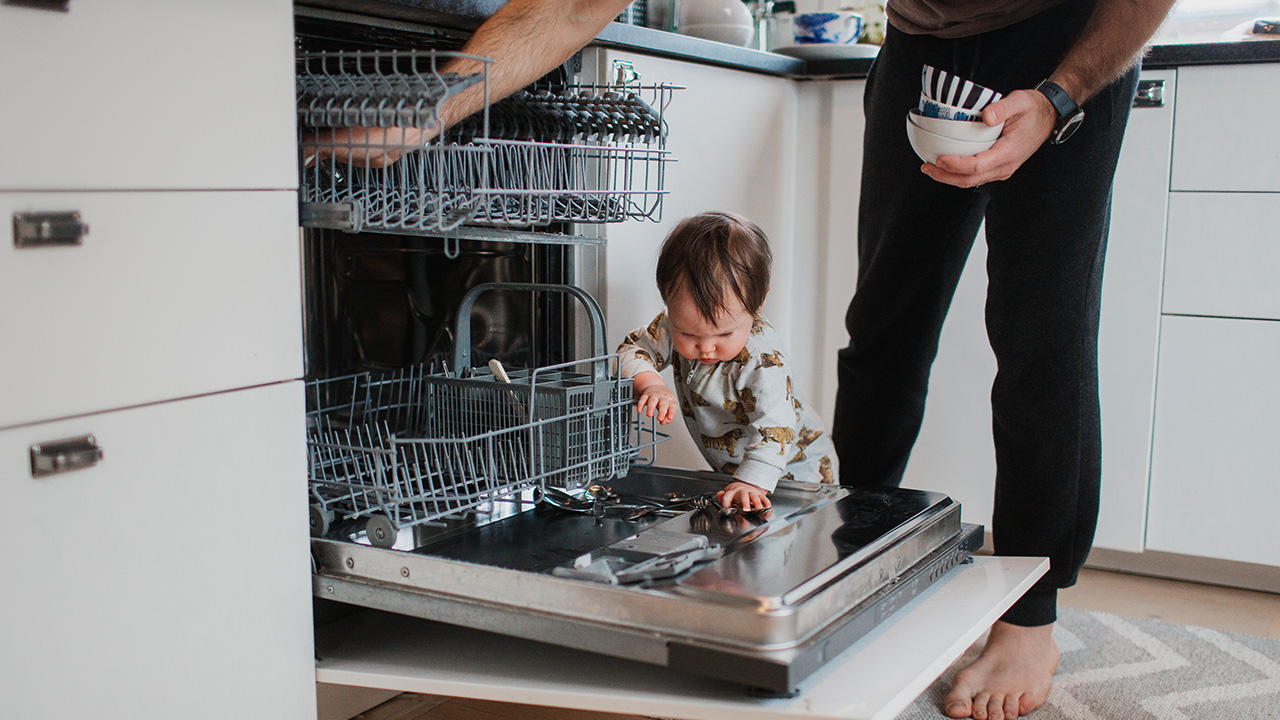Navigating the Flood: Understanding What Causes a Washing Machine to Leak
Introduction
Despite the convenience of having a washing machine in your home, it can create a lot of mess when it starts leaking. In this article, we guide you through the labyrinth of reasons that lead to your helpmate turning into an agent of chaos. Learn about the key parts causing leaks, how external factors contribute, and how to prevent the leaks. Moreover, stay informed about when to turn to professionals to address this issue.
How Can You Identify a Washing Machine Leak?
Detecting a washing machine leak isn't always as straightforward as finding a puddle on your laundry room floor. These leaks can manifest in several subtle ways, often going unnoticed until the issue escalates. Here are some key signs that suggest your washing machine might be leaking:
- Water Stains: Presence of water marks or stains on the floor around your machine could indicate an ongoing leak.
- Damp Clothes: If your clothes still feel damp after the spin cycle, it's a clear sign of a potential leakage issue.
- Musty Smell: An unusual musty odor could be indicative of a water leakage, leading to potential mold or mildew growth.
- Excessive Vibration: If your machine vibrates more aggressively or makes louder noises than usual during its operation, it could be a symptom of a leak.
Awareness of these signs can help you act swiftly before minor leaks escalate into major water damage.
What are the Essential Parts of a Washing Machine That Can Cause Leaks?
In the complex mechanism of a washing machine, certain elements are more prone to leading to leaks. These include the water inlet valve, the pump, and the tub seals. Let's explore each one of them in detail:
- H3: Unpacking the Role of the Water Inlet Valve
The first stop on our washing machine tour is the water inlet valve. This pivotal component functions to regulate the inflow of water into your washing machine. When functional, it ensures a consistent, measured water supply to your laundry loads, but if it hits a snag or blockage, leaks can readily ensue. Faulty water inlet valves may result from wear and tear, clogs from mineral deposits in hard water, or failure of the electrical solenoid controlling the valve.
- H3: Diving into the Mechanism of the Pump
Next on the list is the pump, another significant contributor to possible leaks. The primary function of the pump is to drain water from your washing machine post-wash. However, if the pump cracks or if the pump's seal falls prey to damage, it can become a gateway for water leakage. Common reasons for pump damage include hard items left in pockets that can scratch or crack the pump during agitation or spin cycles, and wear and tear over time.
- H3: Highlighting the Vitality of Tub Seals
Finally, we arrive at the tub seals - the unsung heroes preventing water leakage. The seals are designed to provide a watertight connection between the outer tub and the spin tub in your washer. With even minor wear or tear in the tub seals, their capacity to prevent leaks decreases significantly. Causes of seal damage often boil down to overloading the washer consistently or simple aging of the appliance.
By understanding the roles and vulnerabilities of these components, you can better diagnose leaks when they occur and take appropriate action to prevent future ones. Proper maintenance and care can extend the life of these parts and keep your machine operating efficiently.
What External Factors Can Lead to Washing Machine Leaks?
External elements play a significant part in the leakage issues of washing machines. These elements are those that don't involve the mechanical components of the machine but have a considerable impact on its operation and functionality. Here are two of the primary external contributors:

The Influence of Detergent Usage on Your Washing Machine
The first significant external factor revolves around how you use your detergent. Remember, every machine requires a specific type and amount of detergent:
- Overuse of Detergent: A common misconception is that using more detergent equates to cleaner clothes. However, too much detergent leads to excessive foam. This overproduction can seep out of the washing machine, creating leaks. Always adhere to the recommended detergent levels mentioned in the user manual.
- Incorrect Detergent Type: Not all detergents are the same. Some washing machines require high-efficiency detergents that produce less suds. Using regular detergents can result in a foam overflow, causing leakage.
The Role of Washing Machine Alignment
Another overlooked aspect that can cause leaks is the alignment of your washing machine:
- Spin-Cycle Leaks: Due to an uneven floor or improper installation, the washing machine might tip or vibrate excessively. When this happens during the spin cycle, water can spill over the sides, leading to leaks.
- Level the Machine: Use a spirit level to ensure the washing machine is perfectly horizontal. If it's not, adjusting the legs can help achieve the correct alignment to prevent leakage.
In addition to mechanical issues, these external factors greatly contribute to the leaks of washing machines. So it's essential to monitor your detergent usage and ensure proper machine alignment for effective operation and minimal leaks.
How Can You Prevent Your Washing Machine from Leaking?
The leakage problem in a washing machine can be addressed both by swift remedial actions and by implementing long-lasting precautions.
What are the Immediate Solutions for Standard Washing Machine Leak Issues?
Here are a few quick remedies that you can try when you first notice a leak:
- Check and Unclog the Inlet Valve: Your machine's inlet valve could be blocked with dirt and debris. Cleaning it could solve the minor leak issue.
- Inspect and Replace Any Damaged Pumps or Seals: These parts often bear the brunt of regular usage. Examine the pumps and tub seals for any visible detrition. If found, replacing them can provide instant resolution.
- Align the Machine Properly: An imbalanced machine can often induce leaks. Ensuring it is perfectly aligned can prevent leakage during spin cycles.
What are the Sustainable Solutions for Preventing Leaking in Washing Machines?
While immediate solutions can fix the problem temporarily, long-term strategies offer an enduring answer to your washing machine's leaking issues.
- Professional Maintenance: Periodic maintenance services from professionals are an excellent investment. These experts thoroughly check the machine, identifying and fixing any issues before they turn into larger problems.
- Correct Usage of Detergents: Always use the right amount of detergent as mentioned in the user manual. Overuse can create excessive foam, leading to annoying leaks over time.
- Ensuring Appropriate Installation: Correct installation is key to preventing future leaks. If possible, get your machine installed by professionals to make sure it's done right from the very start.

By taking these effective steps, you can stop your washing machine from leaking, hence prolonging its life and efficiency.
In What Cases Should You Contact an Expert for a Leaky Washing Machine?
Dealing with a leaky washing machine can be quite a challenging ordeal. Although minor issues can be fixed with some troubleshooting, there are instances where hiring an expert becomes inevitable. Here's when professionals should be your go-to option:
1. Persistent Leaks: If water continues to pool beneath your machine after all your attempts at DIY repairs, consider yourself in need of expert assistance. Unresolved leaks can lead to more significant issues down the line like structural damage or a complete machine breakdown.
2. Weird Noises Accompanying Leaks: These can be a consequence of an internal component malfunction that's causing the leak. Handle these scenarios with care as they might be indicative of a severe problem that only a skilled maintenance person can rectify.
3. Excessive Vibration During Operation: If your machine shakes violently, especially when coupled with a leak, it's a clear sign of malfunctions that could be due to unbalanced loads, a damaged motor, or even a slipped belt. An expert knows how to pinpoint the issue accurately and rectify it safely.
4. Leaks from Electrical Sections: A water leak from around electrical components is a serious hazard and must be looked into immediately. Trying to fix these leaks yourself can result in personal injury or cause electrical damage. Hence, it's best to rely on technicians when dealing with such cases.
Statistically, 10% to 15% of washing machines will develop a leak within five years of use, making it an inevitable part of owning one. However, understanding when to intervene yourself and when to call in a washing machine leak specialist can make the difference between a simple repair and a costly replacement.
Conclusion
Identifying what causes a washing machine to leak is integral to preserving the lifespan of your machine. Understanding how to prevent leaks and when to call in professionals can save you a great deal of time, money, and unnecessary stress.
Related FAQs about what causes a washing machine to leak
What are the Consequences of Ignoring Washing Machine Leaks?
Ignoring washing machine leaks can lead to water wastage, floor damage and increased energy costs as the machine works harder to compensate for the lost water. In worst case scenarios, continuous water exposure can also cause structural damage to your home.
How Often Should a Washing Machine be Checked for Potential Leaks?
It's recommended to visually inspect your washing machine for potential leaks every time you use it. However, a professional maintenance check-up every 1-2 years can detect internal issues that aren't easily visible but could lead to leaks in the future.
Can Overloading of Clothes Cause Leaks in Washing Machines?
Yes, overloading can cause leaks in washing machines. An overloaded machine can cause water to spill over the tub during the wash or spin cycles. Furthermore, it puts additional stress on mechanical parts, potentially leading to damage and subsequent leaks.


